Honda Civic Service Manual: Fuel Temperature Sensor Removal and Installation (R18A9)
3101K6

| 1. | Vehicle Lift |
|
| 2. | Fuel Pressure - Relieving (Between the engine and the manual shut-off valve) (Natural Gas Model) |
|
|
Compressed natural gas is flammable and highly explosive. You could be
killed or seriously injured if leaking natural gas is ignited.
|
| 3. | Wiper Arm Assembly |
|
|
|
| 4. | Both Side Cowl Covers |
|
|
|
| 5. | Center Cowl Cover |
|
|
|
| 6. | Under Cowl Panel |
|
|
|
| 7. | Fuel Temperature Sensor (Natural Gas Model) |
|
|
|

| 1. | Fuel Pipe Connector O-Ring (Natural Gas Model) |
|
|
|
||||||
|
|
|
||||||||||||
| 2. | Fuel Temperature Sensor (Natural Gas Model) |
|
|
|
| 3. | Manual Shut-off Valve - Open (Natural Gas Model) |
|
|
|
| 4. | Fuel Supply System Leak - Inspection (Natural Gas Model) |
|
|
|
|
|
|
|
|
|
| 5. | Under Cowl Panel |
|
|
|
| 6. | Center Cowl Cover |
|
|
|
| 7. | Both Side Cowl Covers |
|
|
|
| 8. | Wiper Arm Assembly |
|
|
|
 APP Sensor Signal Inspection (K24Z7)
APP Sensor Signal Inspection (K24Z7)
Inspection
1.
HDS DLC - Connection
1.
Connect the HDS to the data link connector (DLC) (A) located
un ...
See also:
Honda Civic Owners Manual. CMBSTM On and Off
Press this button until the beeper sounds to
switch the system on or off.
When the CMBSTM is off:
The CMBSTM indicator in the instrument
panel comes on.
A message on the driver information
interface reminds you that the system is off.
The CMBSTM is in the previously ...

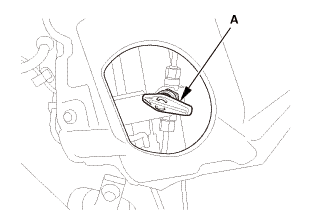

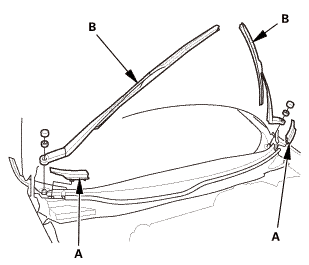
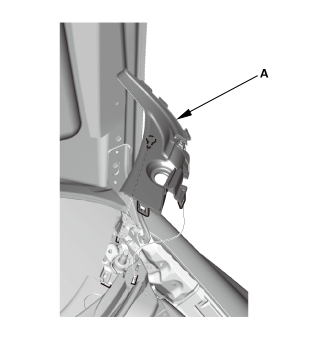
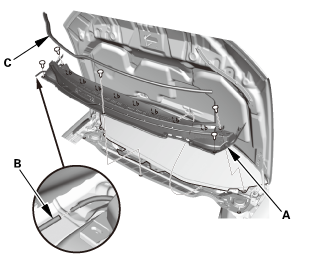
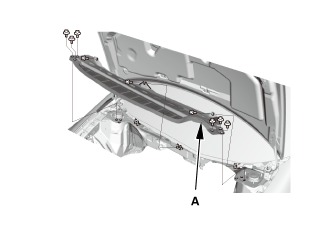
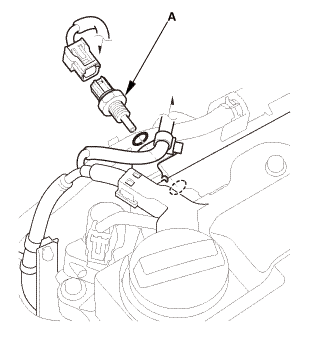
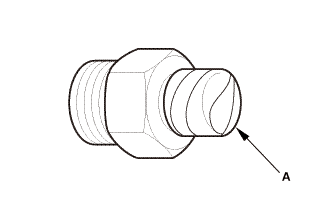
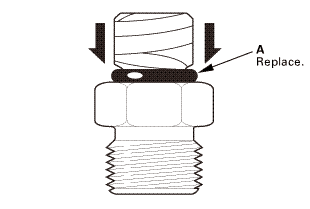
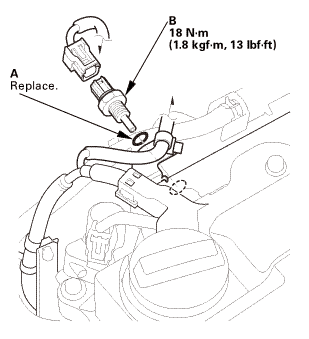
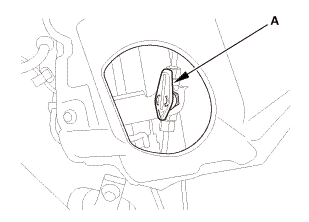
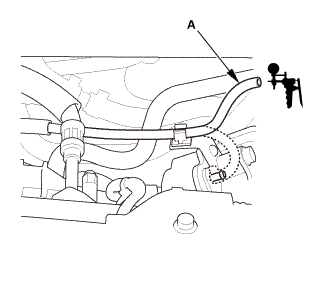
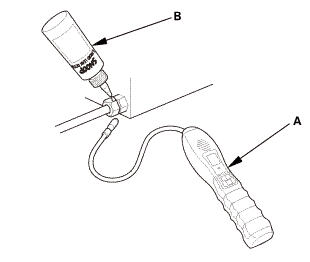
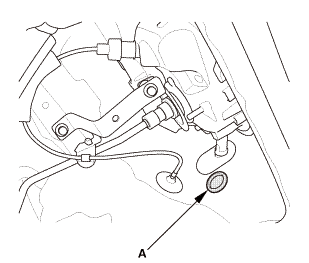
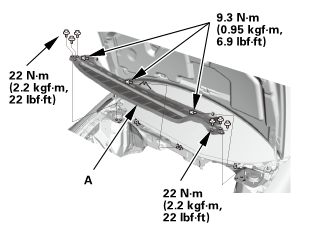 22mm)2222
22mm)2222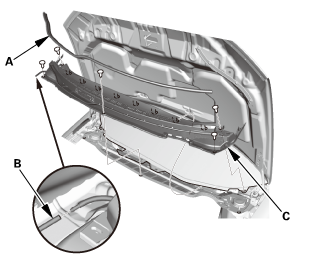
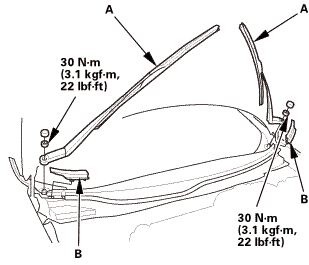 1.122
1.122